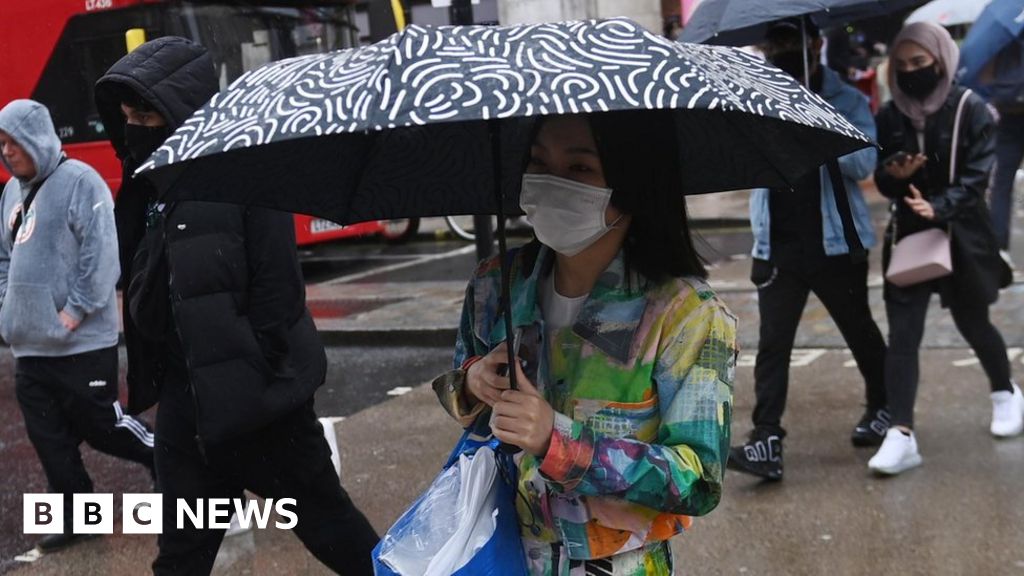EPA picture copyright The government is in a “increasingly hazardous” situation, according to the fiscal watchdog, as debt has risen and the cost of Covid has risen. Government debt has now reached £2.2 trillion, or 99.2 percent of GDP, according to the Office for Budgetary Responsibility, a level not seen since the early 1960s. Meanwhile, there were no plans to pay Covid’s annual spending of almost £10 billion on things like health and transportation. Richard Hughes, the head of the Office for Budget Responsibility, said the chancellor faced a “difficult trade-off.” Mr Hughes told the BBC’s Today show, “[He must decide where] to spend now to prevent the risks and threats that he is aware of against keeping his powder dry, keeping debt low, keeping borrowing low so that he can deal with the problems that he is unaware of.” The UK economy shrank substantially last year as a large number of businesses went into lockdown, but it is finally on the mend. In May, the government’s borrowing eased. Where does the government get its billions? The government’s bill for emergency measures like the furlough scheme, on the other hand, continues to rise, pushing its debt pile up by around 20%. Mr Hughes claimed that Chancellor Rishi Sunak had attempted to address the problem by proposing non-Covid public spending cuts and a 19 percent to 25% increase in company tax. However, he stated that there are currently no plans to fund Covid-related expenditures on: The NHS has a 3.5 million operation backlog. The requirement to maintain a test and trace capacity on a continuous basis The price of remedial education The dramatic drop in the number of people using public transportation. Mr Hughes stated that these pressures would have to be alleviated, either through cuts to other government ministries, tax increases, or looser borrowing laws. During the epidemic, the Bank of England reduced the UK’s benchmark interest rate to stimulate the economy, and it now sits at 0.1 percent. However, as the economy reopens, inflation is rapidly rising, and some believe the Bank will have to boost rates to keep prices in check. Mr Hughes stated that the OBR expected the increase in inflation to be temporary, but that the government’s enormous debt stock made it increasingly vulnerable to such trends. “We are two decades into the twenty-first century, and governments have already experienced two once-in-a-generation shocks: the financial crisis of 2008 and the 2020 coronavirus pandemic,” he stated. “There’s evidence to suspect that these kind of shocks are growing more often and intense. Furthermore, government finances are becoming increasingly vulnerable to such shocks.” The economy of the United Kingdom Budget Responsibility Office Lockdown measures for the Coronavirus Pandemic of Coronavirus/n
Read MorePublic finances more vulnerable to shocks after Covid, says watchdog
2021-07-06T09:22:32-04:00July 6th, 2021|





